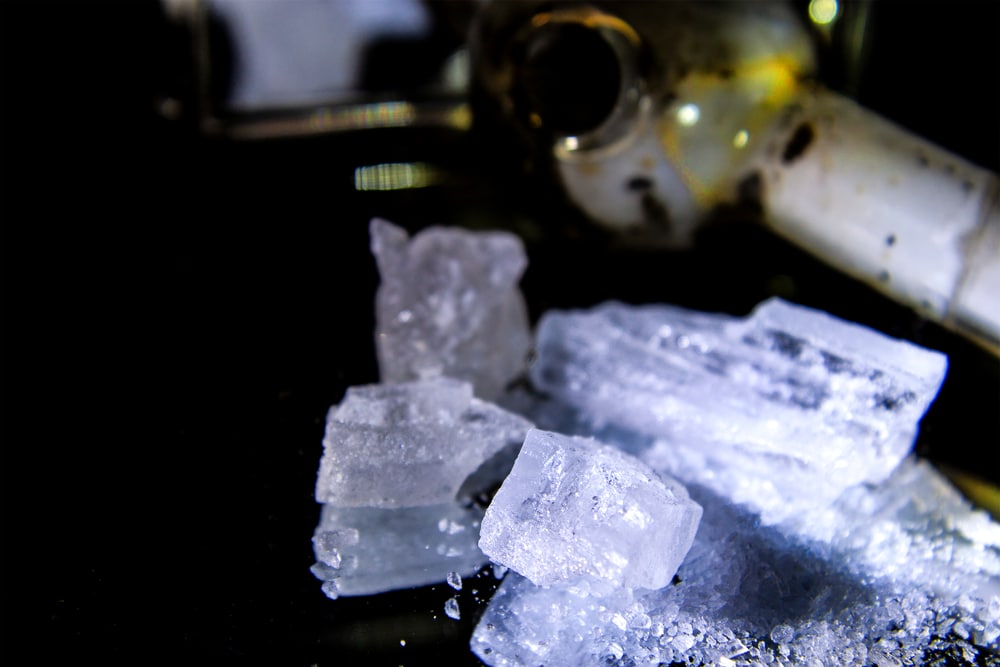
You’ve gone through recovery, and things are starting to fall back into place. But for one reason or the other, you slip and end up using meth. So, you start over again, only to find yourself in what feels like square one – using meth, yet again.
So, now, you can’t help but wonder why this is happening. Why you keep using meth despite your desire and effort to quit. Well, if it’s any consolation, you are not alone.
Many people who struggle with meth addiction end up relapsing even after rehabilitation. According to the National Institute of Drug Use, 40 to 60% of people in recovery end up relapsing.
After a relapse, you may experience feelings of regret or shame. You may also feel like throwing in the towel and giving into your addiction instead of fighting the desire to use. Depending on how long you’ve been using, you may suffer from meth mouth and this can also worsen your feelings of shame.
While it’s devastating, you should know that relapse doesn’t mean you are a failure. It doesn’t mean the rehab you underwent was unsuccessful or negate your previous efforts to stay clean. But it also doesn’t mean you should take advantage of the situation and continue using.

Your relapse has to do with neural pathways. A pathway forms when you do something right. A pathway also forms when you do something wrong, like use crystal meth.
Human beings build habits this way, both good and bad. So, the reason you keep using meth is that you’re likely going to slip back into existing neural pathways. Let’s break this down further.
Studies show that the initial target of highly addictive drugs like meth is the brain’s reward circuit. The reward circuit registers essential experiences and events and their adaptive value. Then it provides incentives for actions.
This reward process triggers the release of the neurotransmitter dopamine, a feel-good hormone that tells the brain to do it again. When used habitually, meth depletes the supply of dopamine and interferes with the feedback between different brain parts that coordinate desires with expectations and priorities.
But these changes are not necessarily the problem. Quitting meth use temporarily can be easy. You can go for days, weeks, months, or even years without meth. What makes permanent recovery challenging is a drug-induced change that creates lasting memories.
Your brain already knows the rewarding experience that comes from drug use. After a period of use, your environment becomes marked with cues or reminders of the reward. This learning is referred to as behavioral conditioning. And since methamphetamine addiction weakens your self-control and ability to make the right decision, you’re likely to keep using even when you know that a reward isn’t coming.
As you’ve learned from support groups like Narcotics Anonymous and Alcoholic Anonymous, it’s the first drink that gets you drunk. So, a small dose of crystal meth serves as an effective cue. But places, things, and people, too, can be cues associated with meth.
An animal struggling with substance abuse will slip back to using when it goes back to the cage where it first developed the addiction. For people, triggers could be environment, the sight of paraphernalia, mental health issues, peers and so on.
Withdrawal symptoms are also a common reason many methamphetamine users relapse. Symptoms like anxiety, fatigue, sleepiness, depression, psychosis, meth cravings, etc., may linger on for weeks or months, causing relapse.

Irrespective of how committed you are to lifelong sobriety or how diligently you pursue recovery, there’s a chance of relapse. The National Institutes of Health study notes that about 40-60% relapse within a month or more of treatment. Another 70 -90% will relapse at least once.
But the good news is that the risk diminishes with time. Extended abstinence does predict long-term recovery, according to an eight-year study on nearly 1200 addicts. In fact, if you can make it to five years of sobriety, then your chance of relapse is less than 15%.
Recovery for meth addiction needs a holistic meth treatment plan that consists of detox, therapy, and counseling. Depending on the circumstances recovery may also include medical advice. Meth is one of the hardest drugs to overcome. But treatment facilities in central Texas exist to help people like you regain control over their lives.
Such facilities will also address underlying issues that cause the relapse. For instance, they may offer family therapy that helps your family members to understand that relapse is not a sign of weakness or lack of morals. They will also offer mental health services to address psychological issues that may cause relapse.
Understanding the triggers of relapse and having a plan for those triggers are the first steps toward prevention. Triggers include things like:

Old habits will most certainly lead you back to addiction. So, you want to come up with new ones that will help you grow into the person you want to become. You can try out a new hobby, take up a new class, exercise, etc. Trying a new activity gives you something to look forward to. It also reduces the cravings and withdrawal symptoms that may lead to relapse.
Like other chronic diseases such as asthma and heart disease, treatment for drug addiction isn’t a cure. It only allows you to counteract the disruptive effects of addiction on your brain and behavior and regain control of your life. But with these tips, you should be able to manage your addiction and relapse problems successfully.


